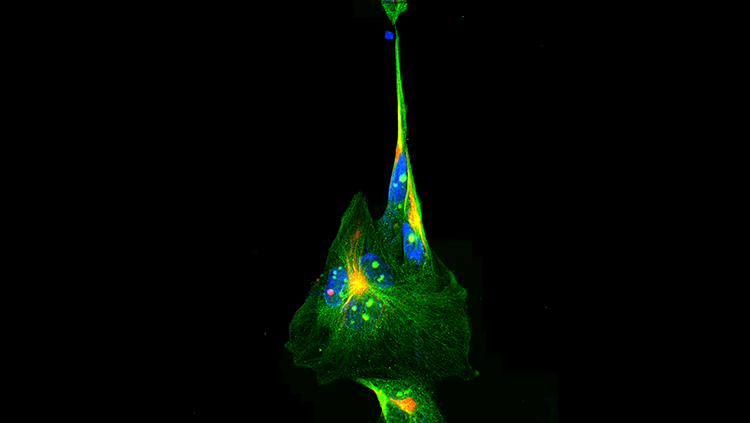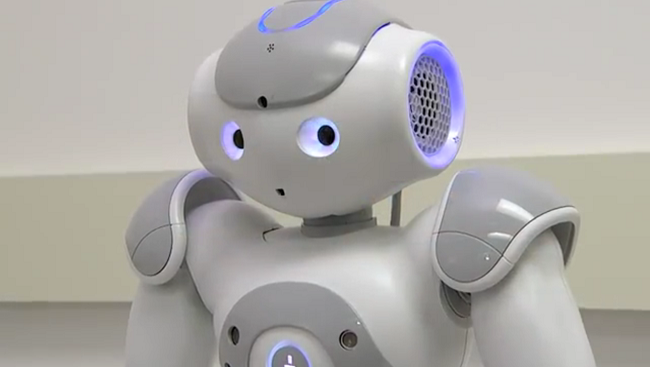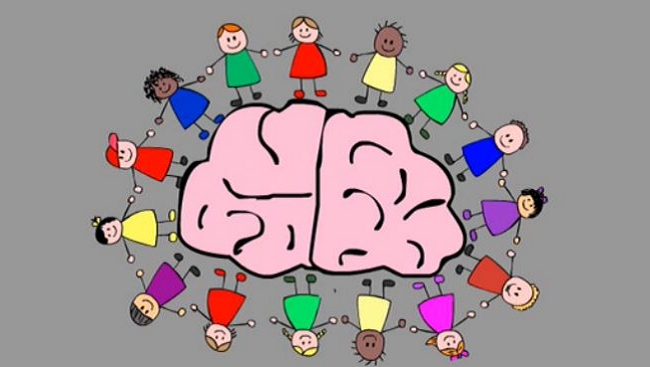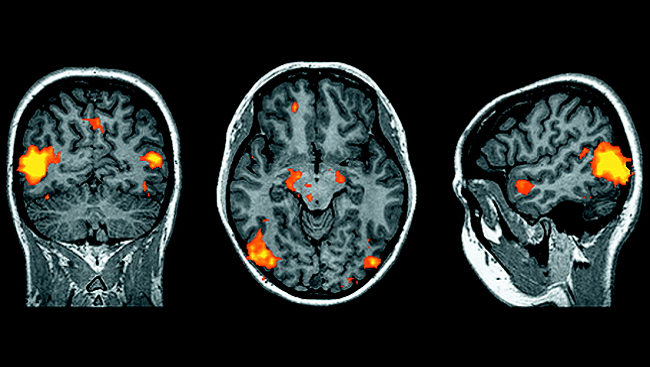Alzheimer's Disease and Dementia Today
- Published14 Feb 2012
- Reviewed14 Feb 2012
- Author Aalok Mehta
- Source BrainFacts/SfN
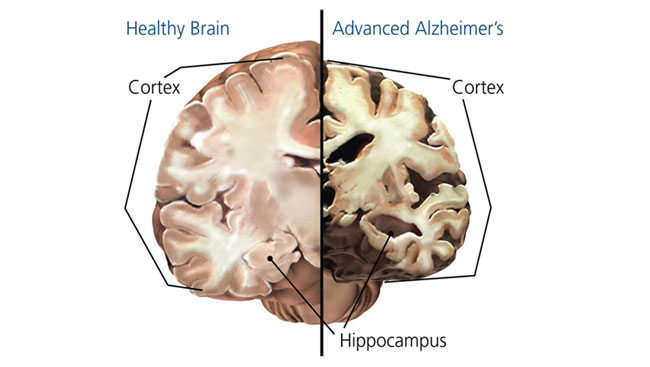
Although Alzheimer’s disease rarely strikes before age 65, many people have a dreaded fear of the disease. They have good reason.
Alzheimer’s disease primarily affects the hippocampus and cortex regions of the brain, probably by damaging and destroying the connections between brain cells and later by causing cell death. Although initial symptoms are minor, this damage leads to impairments in learning, memory, and thinking and is eventually fatal.
Alzheimer’s eventually causes substantial memory loss and then death, with no known cure.
- About 5.3 million Americans, and one in every eight over the age of 65, have Alzheimer’s disease. Rates are expected to go up in developed nations as populations age and life expectancies grow.
- Alzheimer’s disease is the seventh leading cause of death in the United States, and the fifth leading cause in people over the age of 65.
- The cost of treating people with Alzheimer’s and other dementias is expected to exceed $170 billion in 2010.
Fortunately, neuroscientists supported by the National Institutes of Health and other funding agencies are investigating ways to prevent the condition and new treatments to stave off death and disability.
A Protein Disease
Although the causes of Alzheimer’s disease remain a mystery, scientists know that proteins tend to clump in affected brains. One protein, amyloid beta, accumulates in dense plaques outside neurons, while another, tau, forms "tangles" within the cells. These changes gradually cause brain cells to stop working normally and eventually to die. Many of the rare early cases occur because mutations in one of three genes alter how amyloid is processed or formed. Researchers have found that a particular variant of the gene for apolipoprotein E is a major risk factor for late-onset disease.
Alzheimer’s and other dementias can be difficult to diagnosis, because initial symptoms are mild and some memory loss is a normal result of aging. Doctors can diagnose the condition based on patient histories and observations. Recently, neuroscientists developed a specialized brain scan that detects amyloid plaques and can confirm a clinical diagnosis.
Although Alzheimer’s disease accounts for 60 percent of all cases of dementia, other neurological disorders can cause the condition. Vascular dementia, in which reduced blood flow due to stroke damages brain tissue, is the second leading culprit. Disorders such as Parkinson’s and prion infection also can lead to dementia.
Because Alzheimer’s has no cure, treatments focus on managing symptoms and enhancing quality of life. Doctors can educate patients and their caretakers about how to minimize the effects of memory problems and boost existing memory.
Four drugs are commonly used to treat Alzheimer’s disease. Three help combat a decrease in levels of the neurotransmitter acetylcholine, a common symptom. The other, memantine, is believed to decrease overstimulation of brain cells by the neurotransmitter glutamate, which can cause the cells to die. However, these drugs only treat symptoms; none of these drugs stop or reverse the course of Alzheimer’s.
Neuroscientists hope that certain lifestyle choices may lower the risk of developing Alzheimer’s. Studies indicate that regular exercise, mental activity, and social contact can reduce the chances of developing the condition or slow its progress by increasing neurogenesis, neuron communication, and hippocampus-related learning, and can decrease levels of amyloid. Not smoking also seems to decrease risk.
CONTENT PROVIDED BY
BrainFacts/SfN
Also In Archives
Trending
Popular articles on BrainFacts.org


